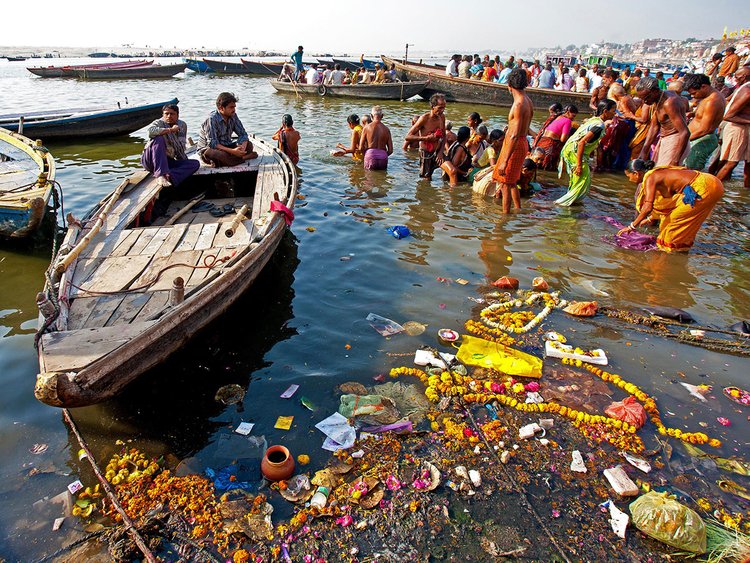Thane’s Ganpati idol immersion on the first day generated nearly 12 tonnes of floral remnants, a substantial 20% increase from the previous year. This surge is indicative of a growing awareness among citizens, with more households and public celebrations opting for sustainable practices. The collected remnants are set to be processed into fertilisers, enhancing the green spaces across civic gardens and other public facilities.
This initiative is part of Thane’s ongoing efforts to ensure an environment-conscious festival, reducing the strain on local water bodies. With over 17,113 idols being immersed across the city, Thane witnessed a notable jump in participation, recording around 20% more immersions than the previous year. This year also marked a significant rise in the number of idols being immersed in artificial lakes, with a staggering 8,700 idols choosing this eco-friendly alternative compared to last year’s 968. These artificial immersion points are a key strategy in reducing water pollution and preserving natural water bodies.
Thane’s civic authorities have been encouraging residents to contribute to this cause by donating floral remnants instead of allowing them to enter water bodies. A civic official remarked, “We have been collecting and processing floral remnants for thirteen years now. The increased participation this year is encouraging, as it highlights a shift in the community towards environmentally responsible celebrations. These remnants will be sent to our recycling facility in Thane East, where they will be transformed into fertilisers.” Despite the success in floral collection and artificial immersions, the newly introduced mobile immersion vans saw limited use, with just 27 idols being immersed on the first day. This lukewarm response suggests that further awareness and engagement may be necessary for the initiative to gain traction.
Thane’s immersion efforts have been further motivated by previous criticisms regarding pollution control. Last year, the city faced backlash for failing to meet environmental standards, prompting the introduction of mobile immersion vans and collection centres aimed at ensuring a greener celebration. This year’s improvements suggest progress towards a more sustainable Ganpati festival, though challenges remain in ensuring full public engagement in all green initiatives.


